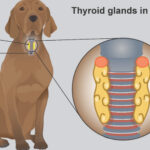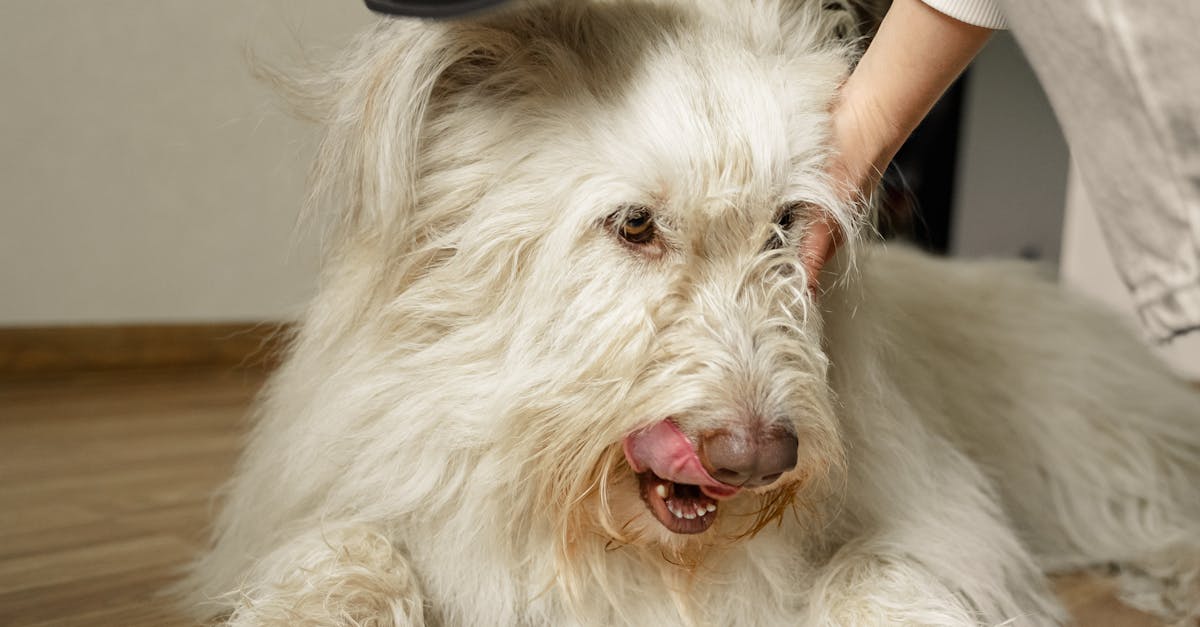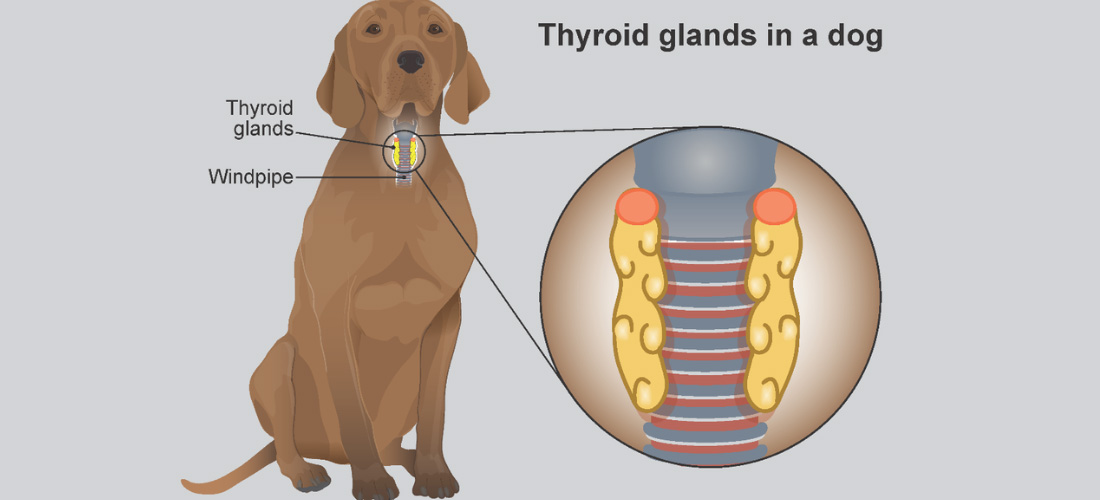Living with Pets: The Smelly Truth
Ever wonder why your home sometimes smells like a zoo? It’s no surprise that our beloved pets can bring a whole lot of joy into our lives, but they can also bring some not-so-pleasant smells. Let me tell you, I’ve been there. In my own life, I’ve found that dealing with pet odours can be quite a challenge. One time, I walked into my living room and was hit with a wave of dog smell so strong, it reminded me of a kennel! You might have experienced this too. But don’t worry, there are effective ways to combat these smells, and I’m here to share them with you.
The Problem with Pet Smells
You might find this helpful: pet smells are more than just a nuisance. They can impact your quality of life and even your health. Studies show that lingering pet odours can contribute to poor indoor air quality, which can aggravate allergies and respiratory issues. Personally, I’ve often wondered how to keep my home smelling fresh without constantly spraying air fresheners. After all, masking the smell isn’t the same as eliminating it.
Why This Matters
It’s safe to say that if you’re a pet owner, you’ve probably dealt with this issue at some point. The thing is, pet smells can be stubborn and difficult to get rid of. But with a few practical tips and some dedication, you can enjoy a fresher, cleaner home. Let’s dive into some effective strategies to combat pet smells.
The Cleaning Routine: Your First Line of Defence
Regular Cleaning is Key
Here’s a thought: regular cleaning can make a world of difference. I’ve learned that maintaining a consistent cleaning schedule is crucial in keeping pet smells at bay. Picture this: a clean home where pet odours don’t stand a chance. Sounds great, right?
Daily Tasks
- Vacuuming: Vacuum your floors and furniture daily to remove pet hair and dander. This might sound strange, but a vacuum with a HEPA filter can be particularly effective.
- Wiping Surfaces: Wipe down surfaces that your pets frequently touch. This includes countertops, tables, and even walls.
- Litter Box Maintenance: If you have cats, clean the litter box daily. Trust me, this makes a huge difference.
Weekly Tasks
- Deep Cleaning Carpets and Rugs: Use a carpet cleaner or hire a professional to deep clean your carpets and rugs weekly. It’s no surprise that these can trap odours.
- Washing Pet Bedding: Wash your pet’s bedding and toys regularly. I, for example, make it a point to wash my dog’s bed every week.
- Cleaning Pet Areas: Clean areas where your pets spend a lot of time. This includes their crates, cages, or favourite napping spots.
The Power of Baking Soda
Now that I think about it, baking soda is a pet owner’s best friend. It’s a natural deodoriser that can help neutralise odours. Sprinkle baking soda on carpets, rugs, and pet bedding, let it sit for a few hours, and then vacuum it up. You’d be surprised at how effective this simple trick can be.
Air Quality Matters: Freshen Up Your Home
Ventilation is Vital
Imagine if you could improve your home’s air quality without much effort. Good ventilation is essential in combating pet smells. Open windows and doors to let fresh air circulate. I’ve often thought about how much fresher my home feels after airing it out.
Air Purifiers: A Game Changer
One thing I’ve learned is that air purifiers can be incredibly effective in eliminating pet odours. Look for air purifiers with HEPA and activated carbon filters. These filters can capture pet dander, hair, and odours, making your home smell fresher.
Essential Oils and Natural Air Fresheners
Personally, I’ve found that essential oils can help mask pet smells naturally. Use a diffuser with essential oils like lavender, eucalyptus, or citrus to freshen up your home. Just be sure to choose pet-safe oils, as some can be harmful to animals.
Grooming Your Pet: A Fresh Start
Regular Baths
Let me tell you, regular baths can make a huge difference in reducing pet smells. Depending on your pet’s breed and activity level, you might need to bathe them more or less frequently. Use a pet-safe shampoo and make sure to rinse thoroughly. I, for example, bathe my dog every two weeks, and it’s helped tremendously.
Brushing and Grooming
Brushing your pet regularly can help reduce shedding and dander. This not only keeps your home cleaner but also helps with odour control. I’ve always thought that grooming is a bonding experience with my pet, and it’s a win-win for both of us.
Dental Hygiene
Ever wonder why your pet’s breath is so bad? Dental hygiene is often overlooked but is crucial in combating pet smells. Brush your pet’s teeth regularly and provide dental chews to help keep their mouth clean.
Addressing Specific Odour Issues
Urine and Feces
Now you know that accidents happen, but dealing with them promptly can prevent lingering odours. Use an enzymatic cleaner to break down the proteins in urine and feces, which are the main culprits of bad smells. I’ve been meaning to tell you about the time my cat had an accident on the carpet. An enzymatic cleaner saved the day and left no trace of the smell.
Wet Dog Smell
That reminds me of the time my dog got caught in the rain. Wet dog smell can be overpowering. Dry your pet thoroughly after baths or rainy walks, and use a pet-safe deodorising spray if needed.
Anal Gland Issues
This might sound strange, but some pets have issues with their anal glands, which can cause a strong, unpleasant smell. If you notice this, consult your vet for advice on how to manage it.
Preventative Measures: Keeping Smells at Bay
Diet and Nutrition
Studies show that a pet’s diet can impact their odour. Feeding your pet a high-quality diet can help reduce body odour and improve their overall health. I’ve often wondered if my dog’s food was contributing to his smell, and switching to a better diet made a noticeable difference.
Regular Vet Check-ups
Regular vet check-ups are essential in ensuring your pet’s health and preventing odour issues. Health problems like skin infections, dental issues, and digestive problems can all contribute to bad smells. It’s safe to say that keeping your pet healthy can help keep your home smelling fresh.
Training and Behaviour
Training your pet can also help reduce odours. Teach your pets to use designated potty areas and discourage them from marking territory indoors. Consistent training can go a long way in preventing accidents and keeping your home clean.
Embrace a Fresh-Smelling Home
The Benefits of a Clean Home
Imagine if your home always smelled fresh and clean, even with pets. A clean home can improve your quality of life, reduce stress, and make your living space more enjoyable. I’ve often thought about how much happier I am when my home smells good.
Take Action Today
Now that you have these tips, it’s time to take action. Implement these strategies in your daily routine and see the difference they can make. Personally, I’ve found that a little effort goes a long way in keeping pet smells at bay.
Final Thoughts
I guess you could say that living with pets doesn’t have to mean living with bad smells. With regular cleaning, proper grooming, and a few preventative measures, you can enjoy a fresh-smelling home. So, stop holding your nose and start enjoying your time with your furry friends!
By following these tips, you’ll be well on your way to a cleaner, fresher home. It’s no surprise that a little effort can make a big difference. Let me tell you, your pets will thank you, and so will your nose!













